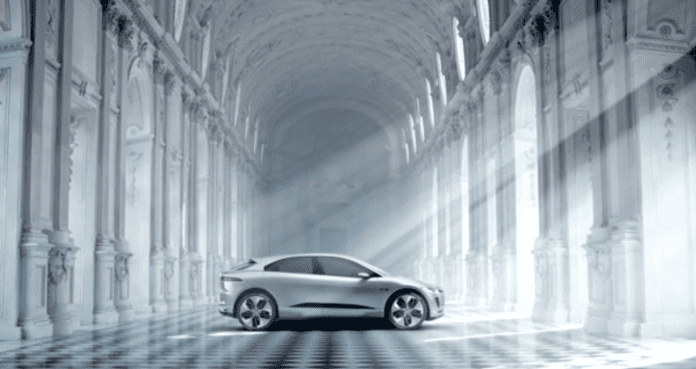Modernization of legacy IT infrastructure and harnessing cloud computing and software are priorities for Jaguar Land Rover
LAS VEGAS–Jaguar Land Rover CIO Simon Bolton discussed the automaker’s approach to digital transformation, including a focus on the move toward electric and autonomous vehicles, as well as making sense of the massive amount of data the company collects.
Bolton told Dell EMC SVP of Global Communications Stella Low that “being CIO in an automotive company at the moment is a fascinating place to be,” during a media session at Dell EMC World. “There’s so much change,” he said, “and it’s all driven by technology.”
To address the increasing move to electric-powered vehicles, Jaguar Land Rover plans to bring to market an all-electric SUV, the I-PACE, in the second half of 2018. “We’re moving very quickly to a world of electric cars primarily driven by government legislation around the world,” Bolton said. “It’s beginning to change consumer behavior.”
As to the increasing introduction of automated systems into vehicles, Bolton said, “By 2020, 2021, we’d expect to see significant autonomous capabilities in cars. Moving on to 2025…we’d expect to see much more capability in that space.”
But with the move to increasingly digitized products, Bolton said the company has a huge and growing volume of data “that provides us information about how you as consumers use your car,” which leads to predictive abilities, “so we can modify our manufacturing process or supply chain to fix those failures.”
With this move comes the need for workforce transformation. Bolton said the company “is traditionally a mechanical engineering company. We make parts, we make a physical product. But, increasingly, that physical product is becoming a digital product. That’s a competency we’re having to create in the company. We’re working on building that capability to do that. You have to be absolutely expert in managing software environments.”
Over the years Jaguar Land Rover has engaged in several IoT-related initiatives including a cool pilot in Coventry that blends IoT with smart city applications. Imagine driving along and hitting a pothole. Most of us make a face then forget about the pothole until it’s either fixed or we hit the same patch of road again.
With its MagneRide platform, in-vehicle sensors will record the location and severity of a pothole or other road hazard – misaligned drain or manhole covers, for instance – and push that data into a cloud-based computing platform. From there, the data is available in real time to other connected cars so drivers can avoid making the same mistake, as well as to local street repair authorities to help identify and prioritize maintenance.

